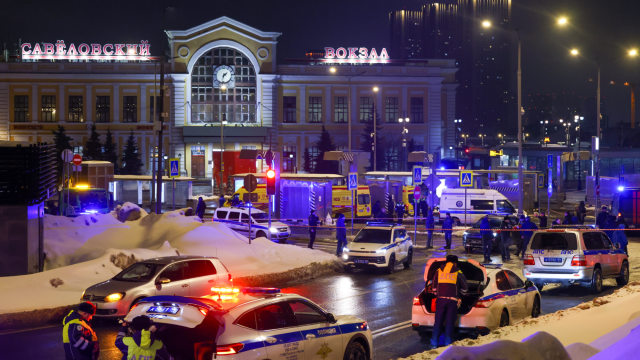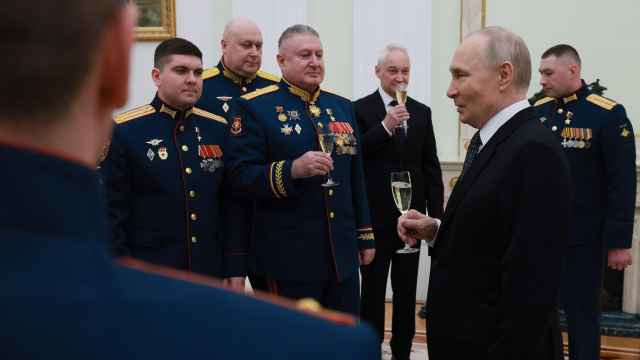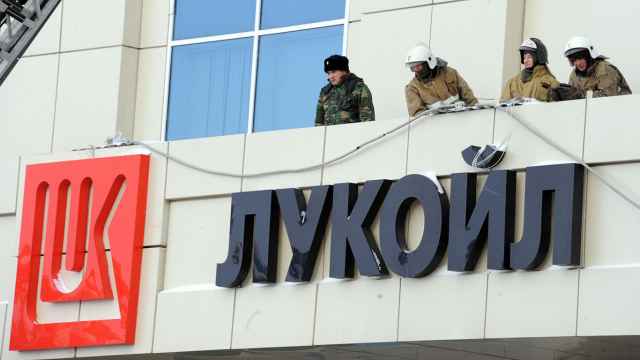The United States sent extradition requests for former U.S. spy agency contractor Edward Snowden to five countries, WikiLeaks said in its Twitter account on Wednesday.
"Extradition reqs (requests) for Snowden already sent by U.S. to Hong Kong, Venezuela, Bolivia, Iceland, Ireland," WikiLeaks, an anti-secrecy group that has been assisting the former intelligence contractor, reported.
Prominent Russian lawyer and Public Chamber member Anatoly Kucherena said Tuesday that Snowden had submitted a formal, written request for temporary asylum in Russia, in which he said he felt "he is being persecuted by the U.S. government … and therefore he fears for his life, for his safety."
"He is scared that he will be tortured or executed," Kucherena told the Rossia 24 television channel after helping Snowden with his asylum request.
The White House on the same day denied the accusations of persecution and again called on Moscow to reject his asylum request and send him back to the United States to stand trial on charges of espionage and theft.
Spokesman Jay Carney said that Snowden "is a U.S. citizen who has been charged with crimes and, under our system of law, he should be afforded every bit of due process here in the United States, and he should return here to face trial."
The United States and Russia have been at loggerheads about what to do about Snowden since he arrived at Moscow's Sheremetyevo Airport on June 23.
President Vladimir Putin said Monday that the former National Security Agency contractor had "arrived on our territory without an invitation" and the United States had "blocked him" there by intimidating other countries that might have offered him asylum.
Putin also said that Russia would not give Snowden permanent asylum because he refused to stop his "fight for human rights" that may strain Moscow's ties with Washington.
Carney expressed concern Tuesday that Snowden's case could cause "long-term problems in U.S.-Russia relations.
"Those relations are very important and they see the countries engaging on a number of important issues, both economic and security-related. We want to continue that relationship unimpeded by this issue," he said.
If Russia grants Snowden asylum he would be given refugee status for a year, which would allow him to get a job and move around freely, Kucherena said.
He would also be able to work on longer term plans to secure passage to any one of the Latin American countries that have offered him asylum, Kucherena said.
Carney stressed that the only travel Snowden should be allowed to do is back to the United States to face trial.
"Mr. Snowden ought to be expelled and returned to the United States and should not be allowed to travel, except as necessary to return to the United States," Carney said.
"He is not a human rights activist, he is not a dissident. He is accused of leaking classified information. He has been charged with three felony counts related to leaking classified information, and for those reasons, he should be returned to the United States," he said.
Material from The Moscow Times is included in this report.
A Message from The Moscow Times:
Dear readers,
We are facing unprecedented challenges. Russia's Prosecutor General's Office has designated The Moscow Times as an "undesirable" organization, criminalizing our work and putting our staff at risk of prosecution. This follows our earlier unjust labeling as a "foreign agent."
These actions are direct attempts to silence independent journalism in Russia. The authorities claim our work "discredits the decisions of the Russian leadership." We see things differently: we strive to provide accurate, unbiased reporting on Russia.
We, the journalists of The Moscow Times, refuse to be silenced. But to continue our work, we need your help.
Your support, no matter how small, makes a world of difference. If you can, please support us monthly starting from just $2. It's quick to set up, and every contribution makes a significant impact.
By supporting The Moscow Times, you're defending open, independent journalism in the face of repression. Thank you for standing with us.
Remind me later.





